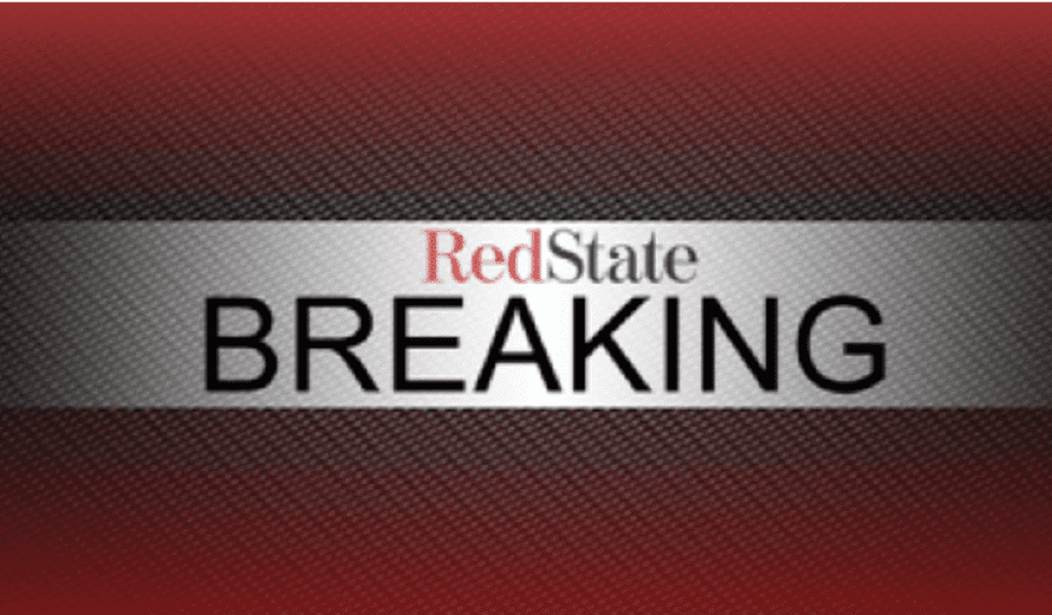Congress had a lot of things hanging out in the wind this week.
The House has been trying to shove through their massive spending agenda in the ‘Build Back Better’ bill — the budget reconciliation bill. They’ve also been trying to push through the bipartisan infrastructure bill that had been scheduled to be voted on today. Both of those seem very much unlikely to ultimately pass through Congress, given the stalemate between the moderates and the progressives.
But the third thing hanging out in the wind was if they were going to be able to avoid a government shut down, since they needed to pass something to keep the government funded by today.
Now, that last question has been answered.
The Senate just passed a bill to avoid the shutdown and the House is expected to pass it as well. They approved a short-term funding bill by a 65-35 vote.
They punting on the debt limit, which they have to decide on by October 18.
If that cap is not raised by Oct. 18, the U.S. probably will face a financial crisis and economic recession, Treasury Secretary Janet Yellen said.
Republicans say Democrats have the votes to raise the debt limit on their own, and Republican leader Mitch McConnell of Kentucky is insisting they do so.
But the most immediate priority facing Congress was keeping the government running once the current budget year ends at midnight Thursday. The bill’s passage will buy lawmakers more time to craft the spending measures that will fund federal agencies and the programs they administer.
The short-term spending legislation will also provide about $28.6 billion in disaster relief for those recovering from Hurricane Ida and other natural disasters, and help support Afghanistan evacuees from the 20-year war between the U.S. and the Taliban.
The U.S. has never defaulted.
“We’re able to fund the government today because the majority accepted reality. The same thing will need to happen on the debt limit next week,” McConnell said.













Join the conversation as a VIP Member